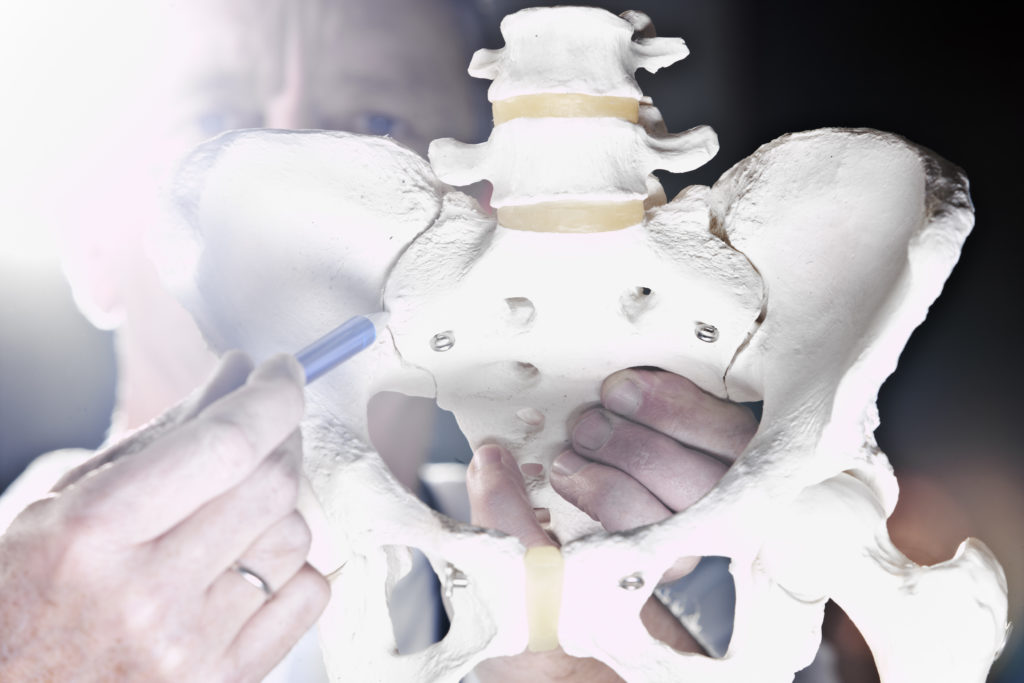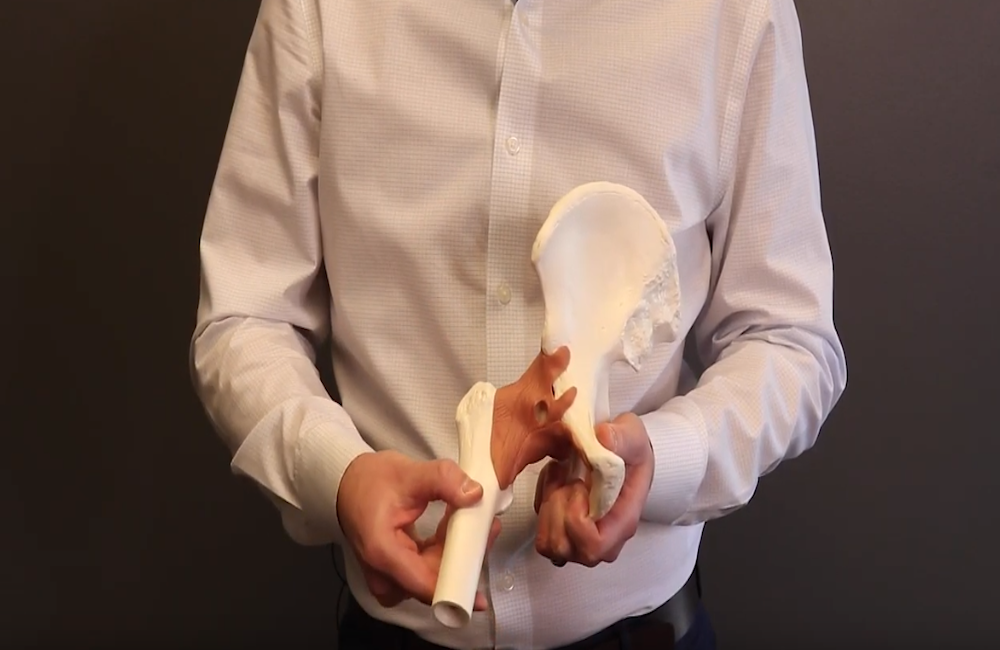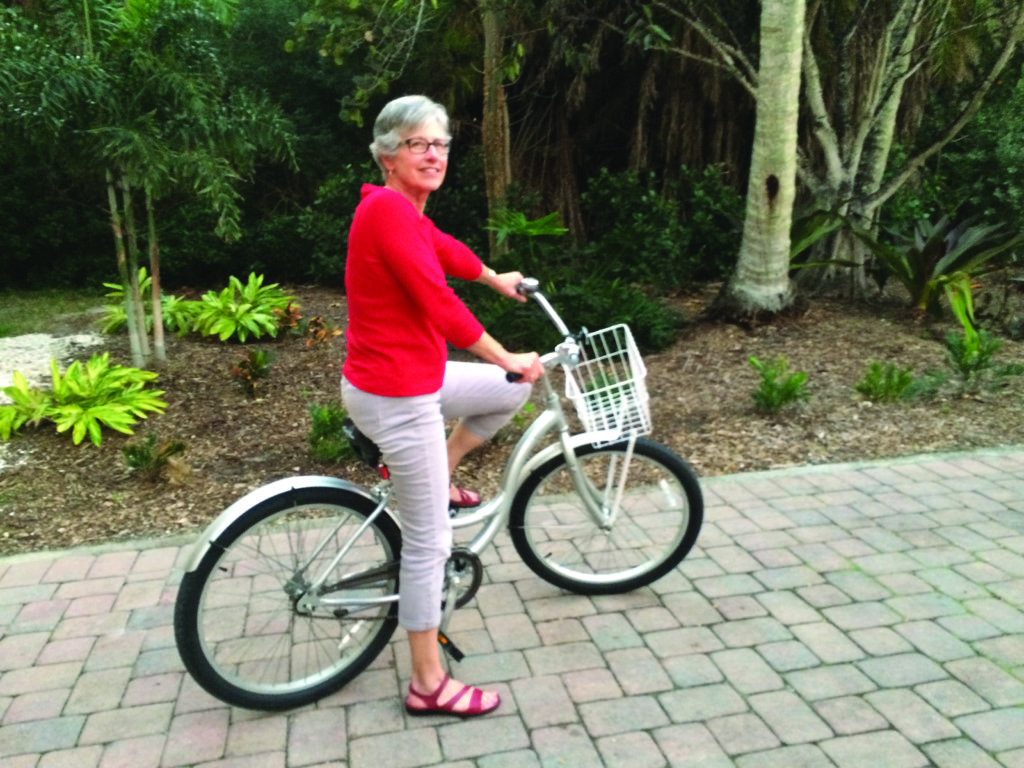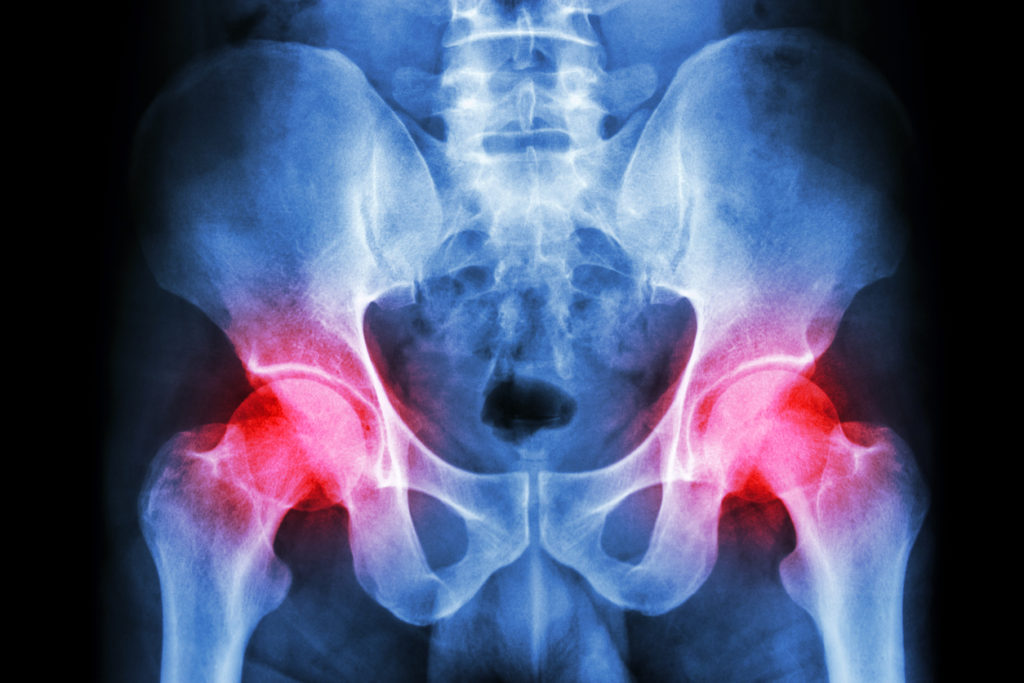
Hip replacement recovery can be challenging at first, but after the first two weeks, life begins to be more normal. Learn what to expect during your recovery.

Hip replacement recovery can be challenging at first, but after the first two weeks, life begins to be more normal. Learn what to expect during your recovery.

OrthoIndy total joint specialists use the latest in hip replacement surgery to make sure their patients receive the best care. Learn more about your options.

How do you know when you need a hip replacement? If you said yes to one or more of these signs, you may need to speak to a total joint replacement specialist.

Hip and knee arthritis symptoms can vary from mild to severe and result in chronic pain and cause permanent joint damage. Find out how to manage your pain.

After a bad cycling crash, a patient seeks hip trauma care with OrthoIndy trauma surgeon, Dr. Renn Crichlow and returns to hiking and mountain climbing.

Sarah had her DNA tested before she underwent hip replacement surgery to see what the right medication would be for recovery to return to an active life.

A hip dislocation is a medical emergency. Go to the nearest emergency room if you suspect a dislocation. Symptoms include extreme pain and an inability to move.

Immediate treatment is necessary in babies and children with developmental hip dysplasia. The ball is loose in the hip socket and may be easy to dislocate.

The cause of Perthes disease is not known; however, most cases can be treated without surgery, depending on your child’s symptoms. Consult your pediatrician.

Most people do not see a physician for a snapping hip unless they are experiencing pain while they walk; when pain is noticeable most treatment is nonsurgical.

A hip strain occurs when you pull a muscle in your hip. Depending on your symptoms, treatment for a hip strain is non-surgical and can be treated at home.

Hip bursitis occurs when the bursa in your hip becomes inflamed. Surgery is rare for hip bursitis, there are a variety of nonsurgical treatments you can try.
Get stories and News in your inbox